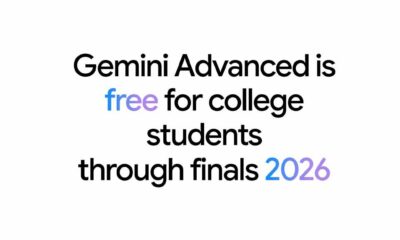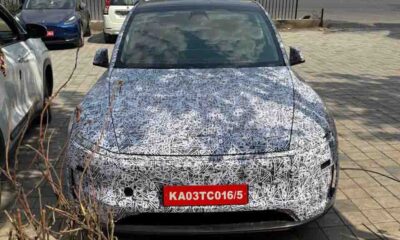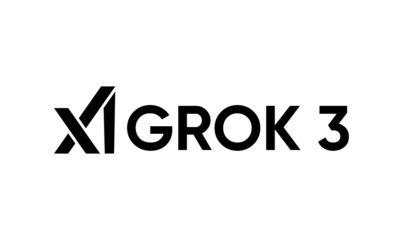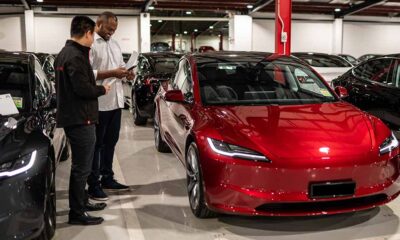EV
South Korea’s new EV subsidy rules to affect Tesla and Chinese battery companies
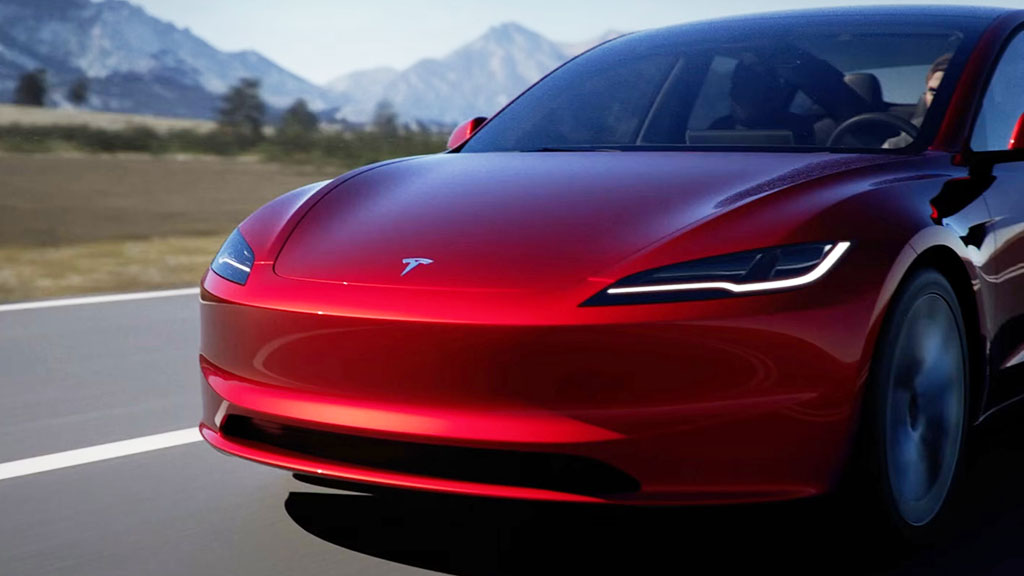
South Korea’s Ministry of Environment on Tuesday unveiled new subsidy rules for electric vehicles (EV) and these could be unfavorable to Tesla, CATL, and other Chinese battery companies.
According to the subsidy plan, the performance subsidies for EVs of all sizes have been reduced by 1 million won ($752). The maximum subsidy for medium and large-sized EVs is reduced from 5 million won ($3,761) to 4 million won ($3,000).
Small-sized EVs will be reduced to 3 million won ($2,256) and 2.5 million won ($1,880) will be given for ultra-compact EVs.
These subsidies and changes in their amount reflect the revision in the subsidy program each year. South Korea’s Environment Department provides these subsidies based on the size of the vehicle and its overall performance.
Amid the reduction in the subsidiary amount, the Environment Ministry has added new battery safety subsidies of up to 200,000 won ($150). This subsidy will be provided for EVs with the On Board Diagnostics-II (OBD-II) system.
The OBD-II keeps an eye on the vehicle’s powertrain system and it can detect any issues or malfunctions before any major incident occurs.
Buyers with fast charging speeds will get a maximum incentive of 300,000 won and the charging infrastructure subsidy has been increased from 200,000 won to 400,000 this year.
People with low income will get a 20 percent subsidy to assist EV purchases, 10 percent up from a year earlier. Buyers in the age group between 19 and 34 will get up to 30 percent additional subsidy on their first EV.
EV purchases for businesses such as taxis will get an additional subsidy of 2.5 million won and electric buses will get 5 million won in subsidy.
Impact:
Tesla is expected to be affected by the government’s decision to offer full-scale subsidies only to those who purchase cars priced below 55 million won ($41,000).
Last year, this cap was 57 million won to receive 100 percent subsidies. Released last year, the vehicle costs 56.9 million won in the country. Industry official predicts that Tesla could cut the prices of its EVs to claim the subsidies.
There are other issues in the battery section because South Korea is now pushing high-density batteries for EVs. Cars using LFP batteries may not receive incentives.
(source – TheKoreanHerald)

